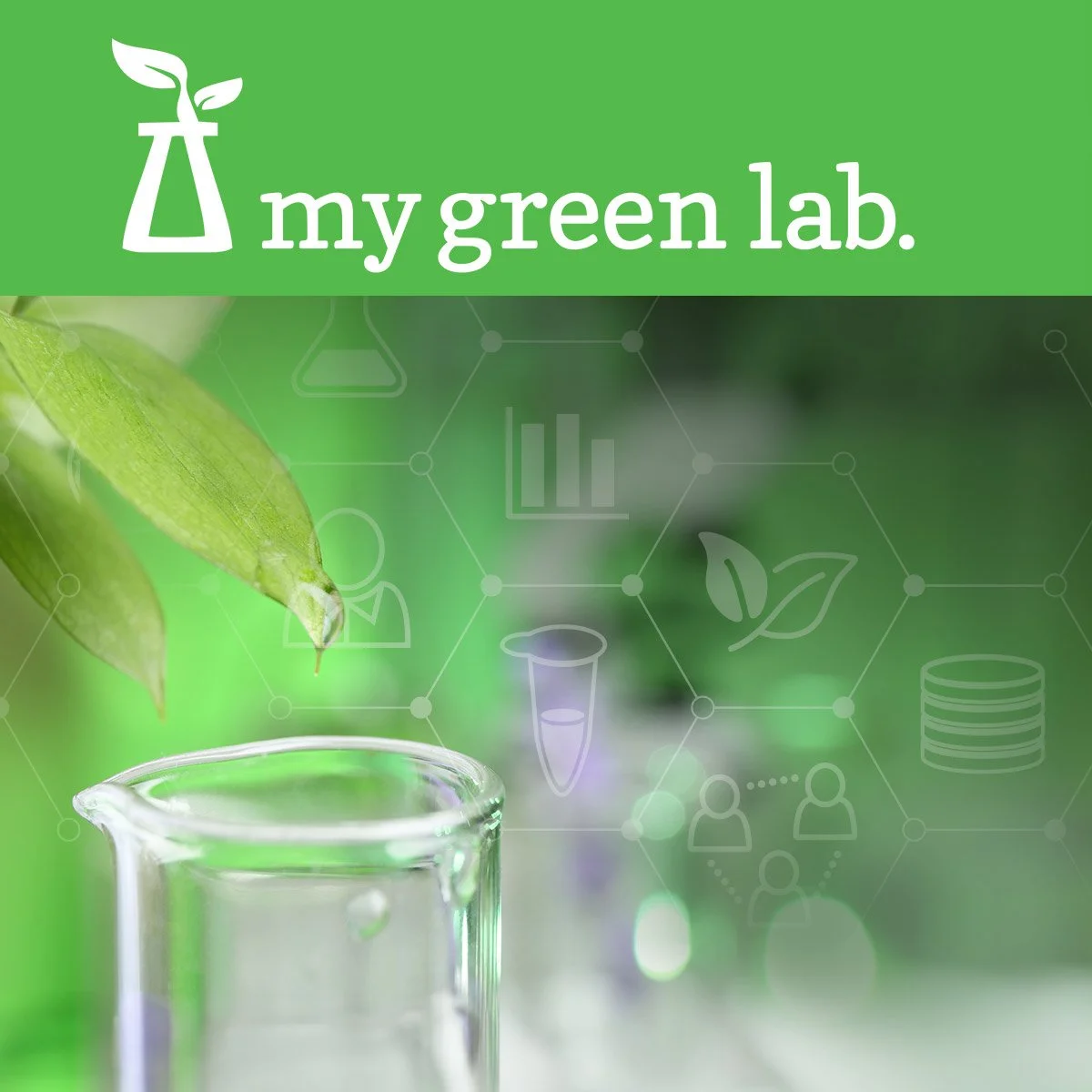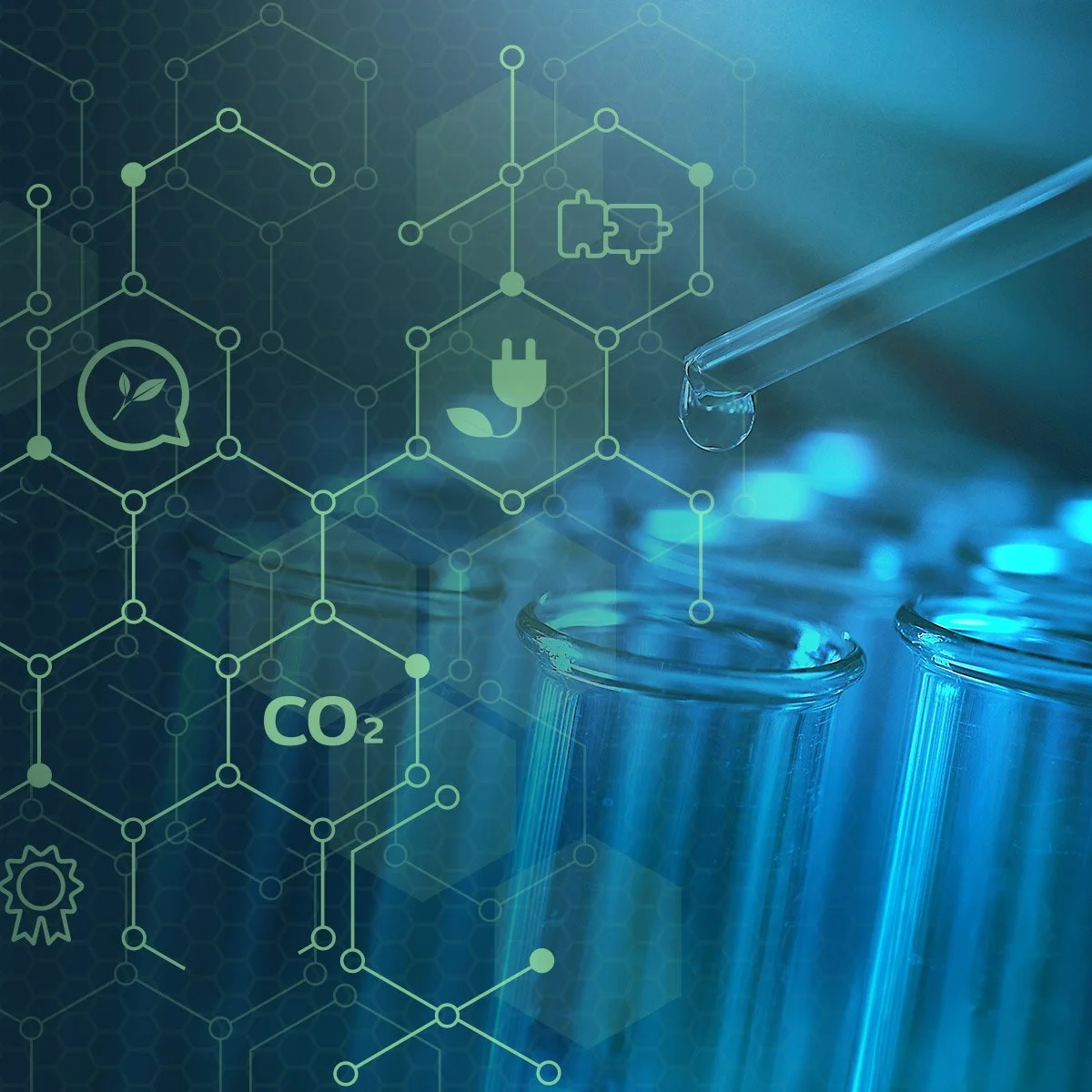What holds us back from improving the sustainability of scientific work? Often, it’s the validation work involved in establishing new protocols. Without the necessary expertise and time to do it, it’s impossible to achieve workflows that maintain results while reducing environmental impacts.
Labconscious thanks Patrick Penndorf, a cofounder of the Re-Advance initiative, for explaining their efforts to overcome barriers to sustainable science and giving scientists a chance to join their Innovator Team.
What is your scientific background and experience?
After earning my degree in biochemistry, I completed a dual master’s program in molecular medicine and molecular biology. By participating in research. I found my passion for immunology, neuroscience, and epigenetics. These are the three fields that I would say that I have the most experience in, and definitely want to work in.
Why do you believe there is a need to improve sustainability in life science?
Of course, the enormous footprint of plastic waste we produce, and the energy our machines require automatically come to mind. But on the other hand, what Re-Advance really stands for, is that we think that sustainability is a new opportunity to make our research and our science more efficient and more effective.
The opportunities are manifold. Whether it’s enhancing experimental design in conducting experiments, sustainability can be kind of the new perspective that helps to identify ways to save time, save money, and optimize statistics.
What obstacles do you think scientists face?
To my mind, there are multiple challenges, but these are the three major ones I can see at this moment. First, handling novelty: When anyone embraces sustainability, they are facing something new, right? It always takes courage to do something that you haven't done before. Second, keeping up quality: I think many scientists experience a fear that they might disturb something - this is to say that they might impair experimental setups. People feel insecure in this position. Third, the lonely journey: On top of that, convincing others is a challenge because even though we have been discussing sustainability for quite a while, it has not yet found mass adoption. The act of convincing others in pursuit of sustainability is a challenge we face.
What is the purpose of the Re-Advance initiative?
I would say it is to help scientists with the obstacles we've just discussed by providing the resources and some guidance on how to master exactly these difficulties. It’s a journey to make one's research more efficient through sustainability. This is the main thing we want to do and for us it goes along with communicating sustainability differently. We want to demonstrate that we can shift the focus from just reducing a footprint to establishing sustainability as a new perspective that benefits scientists directly by helping to save time, money, and resources. We want to communicate that it's a bit reductionistic to always think about sustainability in environmental and political terms rather than using it as an approach to optimize scientific work.
How does your team intend to carry out that mission?
This is not a complicated question – the answer is based on our organization’s roots. Basically, we began by holding events and giving workshops to educate on precise actions that connect the knowledge that is already out there. We invested a lot into our network - I think we are one of the best-connected initiatives with associates from around the world. Apart from distributing their insights, we advance further by sharing our own guides and protocols. We do so in our events and by sharing concrete protocols on our website. Our goal is to craft a new strategy for the application of sustainable practice within the lab because we feel that there’s lots of information on how to recycle or improve energy efficiency, but not enough on how to implement sustainability. Knowing how to actually go about these strategies may be the game changer to establish the mindset.
Is Re-Advance partnering with research institutions or other organizations?
The answer is a clear yes. We have worked with research societies worldwide and will do so in the future. We welcome partnerships with any kind of institutional organization.
Has the Readvance team taken on any studies already?
Indeed, we have. We will be publishing a paper soon. As per our mission, our studies do not aim to directly quantify carbon footprints but rather develop and communicate new strategies and concrete protocols. We recently outlined our approach in FEBS Letters.
What kinds of scientists are invited to join the Re-Advance Innovator Team and how can they learn more?
Every kind of scientist can join because our mission is to make all of science more sustainable. From someone with a bachelor’s degree working in a field connected to life science, chemistry, or physics, or a CEO, everyone is welcome to cooperate with us on projects.
They can always reach out if they need expertise or an audience to talk to. Similarly, they should reach out if they have a great resource they want to share. It’s always energizing for us to meet people with a similar passion for sustainability. To learn more, you can visit our website and follow us on Instagram, X, TikTok, YouTube, and LinkedIn. We are trying to share insights, innovations, and opinions on these social media platforms.








